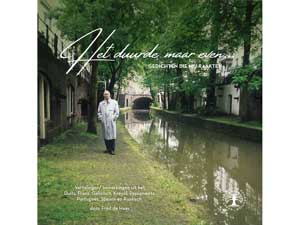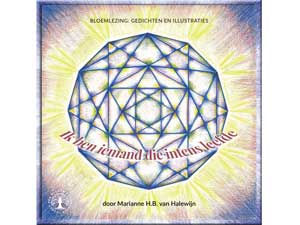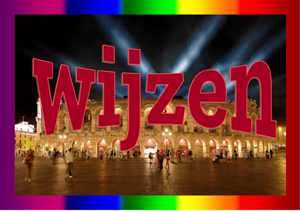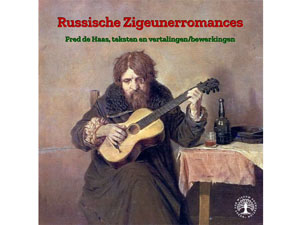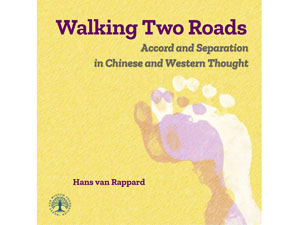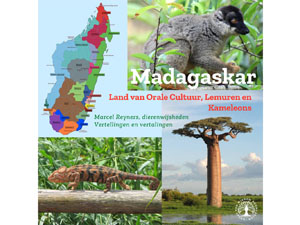Als Hoofdredactie vragen wij aandacht voor relevante interculturele publicaties:
The legacy of Kimpa Vita, a Kongolese Catholic mystic, was felt from the U.S. to Haiti
In 1966, Stokely Carmichael, a leader in the student non-violent coordinating committee, arrived at Berkeley calling for black power for black people.
“The missionaries came with the Bible, and we had the land. When they left, they had the land, and we still have the Bible,” Carmichael declared with a snark characteristic of his charisma.
Drie jaar later, in 1969, verklaarde James Forman, een tijdgenoot van Stokely Carmichael in de burgerrechtenbeweging van studenten, in zijn zwarte manifest dat Afro-Amerikanen.
“were not Christians when we were brought to this country, but that Christianity was used to enslave us.”
Neither was entirely correct, but neither can be entirely dismissed. In truth, some African Americans were Christians when they arrived as slaves on the shores of North America. They were former subjects of the Christian Kingdom of Kongo, founded by Nzinga a Nkuwu, who was baptized in 1491. Nkuwu “rebranded” himself as King João after adopting the religion of the Portuguese missionaries. And sure enough, when these slaves later revolted, they were inspired by Kongolese Catholicism.[1]
Read more: did-kongolese-catholicism-lead-to-slave-revolutions? – by Mohammed Elnaiem on Februari 26th 2019 taken from https://daily.jstor.org/did-kongolese-catholicism-lead-to-slave-revolutions/
[1] Lees meer over 17th-century map of the Kingdom of Congo – Jonathan Aprea; En lees meer over
black manifesto of African Americans en black power.







